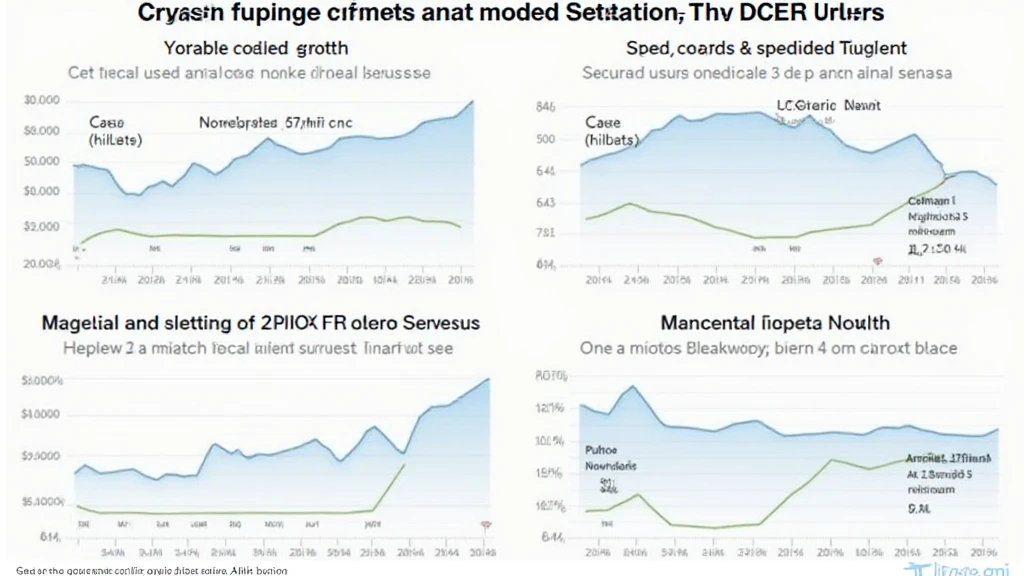Introduction
With the global bond market reaching a staggering $123 trillion in 2023, the rise of blockchain technology in this sector offers exciting prospects, particularly in Vietnam, where regulations are evolving rapidly. Recent studies indicate that Vietnamese users interacting with blockchain applications have surged by over 200% in the past two years. This article aims to explore the intricacies of blockchain bond custody in Vietnam, delving into current regulations, potential challenges, and future trends.
Understanding Blockchain Bond Custody
Blockchain bond custody can be likened to a digital vault designed to secure and manage bonds issued on blockchain networks. In a country like Vietnam, where the adoption of blockchain is growing, understanding the underlying regulations and compliance issues becomes essential.
What are Blockchain Bonds?
Blockchain bonds are debt securities issued using blockchain technology, providing transparency and enhanced security compared to traditional bonds. They leverage smart contracts to automate various processes, making them appealing to a range of investors.

Current Regulatory Framework in Vietnam
Vietnam’s legal landscape regarding blockchain and cryptocurrencies is somewhat nascent yet rapidly evolving. As of 2023, the Vietnamese government has begun to draft regulations focused on the issuance and custody of blockchain bonds. This ensures adherence to international standards and boosts investor confidence.
Key Regulations Affecting Blockchain Bond Custody
- Decree 80/2021/ND-CP: This decree outlines measures for managing digital assets and their custody, offering a foundational legal structure for blockchain bonds.
- Amendments to the Securities Law: Proposed changes aim to accommodate blockchain technology within existing financial regulations in Vietnam.
Challenges Facing Blockchain Bond Custody in Vietnam
Despite the positive regulatory advancements, several challenges still need to be addressed:
- Regulatory Clarity: Many aspects of blockchain custody are still unclear, leading to uncertainty for potential investors.
- Technological Barriers: Limited technological infrastructure can hinder the widespread adoption of blockchain bonding solutions.
- Market Education: Investors often lack sufficient knowledge about blockchain, creating barriers to entry.
Future Trends in Blockchain Bond Custody
As Vietnam implements further adjustments to its legal framework, trends indicate:
- Increased Adoption of Blockchain Technology: As businesses and governments recognize the benefits of blockchain for transparency, the adoption rates are expected to increase exponentially.
- Smart Contract Innovations: Innovative developments in smart contracts will lead to more efficient bond issuance and management processes.
Best Practices for Blockchain Bond Custody
To stay compliant and secure, consider these practices:
- Work with Established Custodians: Partner with custodians that comply with both local and international regulations for added security.
- Implement Multi-Signature Wallets: For added protection, utilize wallets that require multiple signatures for transactions.
Conclusion
The landscape of blockchain bond custody in Vietnam is shaping up to be both innovative and regulatory-driven. As authorities finalize regulations and industry players adopt best practices, the growth of blockchain bonds in Vietnam could become a significant component of the country’s financial future. Understanding these regulations and their implications is vital for investors and companies alike.
Ultimately, as blockchain technology continues to evolve, staying informed about the latest developments and compliance requirements will empower stakeholders to navigate the complex landscape successfully.





